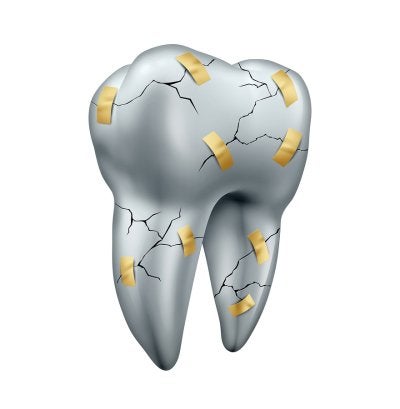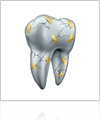If you have a chipped tooth in Bel Air, MD, your first step should be to contact your dentist. A chipped, cracked, or knocked-out tooth is one of the most common dental emergencies . While a minor chipped tooth may not initially be accompanied by any adverse symptoms, chipped teeth can result in severe tooth pain or sensitivity. Even teeth that do not appear to be damaged can cause major health problems if left untreated. Keep reading to learn more about what you should do about a chipped tooth, including immediate care, professional care, and follow-up care.

Immediate Care
Even before you contact your dentist, you should rinse your mouth with warm water. After you chip a tooth in an accident or fall, bacteria and dirt can enter your mouth. Simply rinsing the affected area goes a long way toward preventing infection. If your mouth is bleeding, apply a clean piece of gauze and press firmly until the bleeding stops. If you cannot get in to your dental clinic on the day of the accident, purchase dental cement from your local drugstore to seal the tooth.
Professional Care
Depending on the size and severity of the chip, your dentist has many options for fixing your chipped tooth. If the chip is extremely small, a dentist may simply smooth and polish the affected area. If your tooth enamel has been damaged and the chip is visible to the naked eye, your dentists may use a filling, dental crown, or cap to restore the look and function of your tooth. If you have severely compromised the tooth structure, you may need a root canal to remove the infected inner tooth pulp.
Follow-Up Care
Follow-up care for your chipped tooth is highly dependent on your dentist’s recommendations. If you have had a root canal or need a prosthetic device like a crown or bridge, your dentist will give you exact instructions on how to care for your restoration and ward off infection. Regardless of your treatment plan, it is essential to maintain proper oral hygiene after chipping a tooth.

